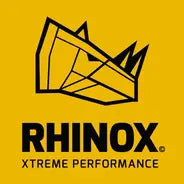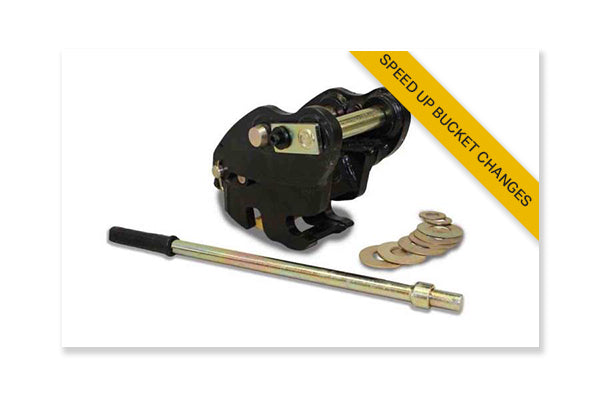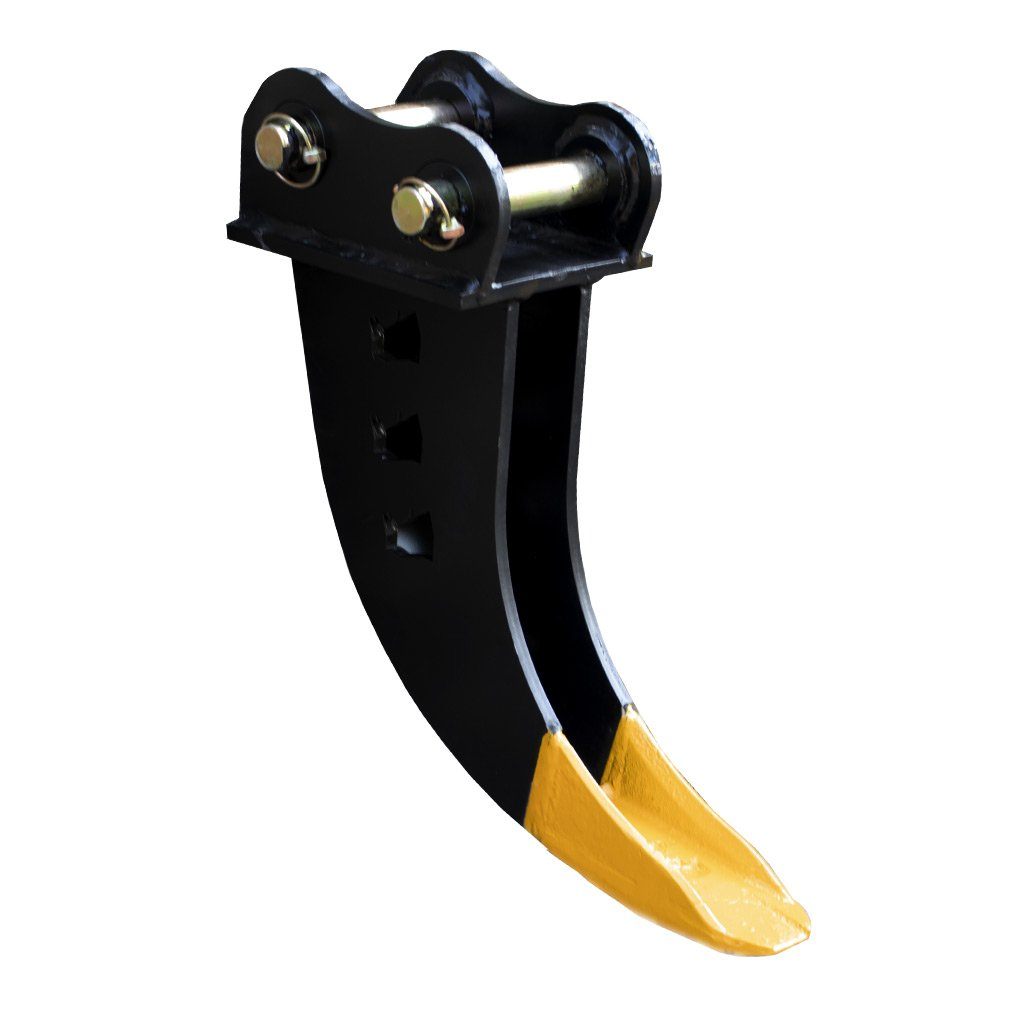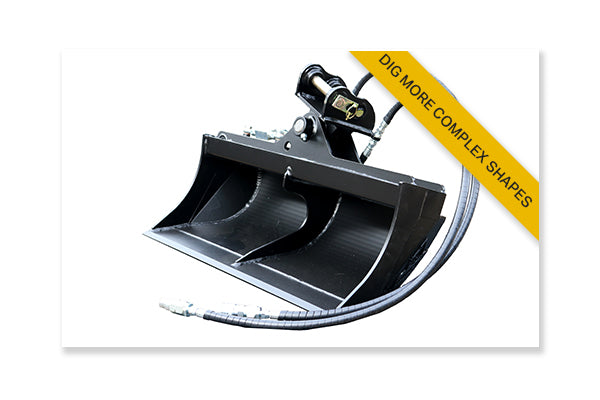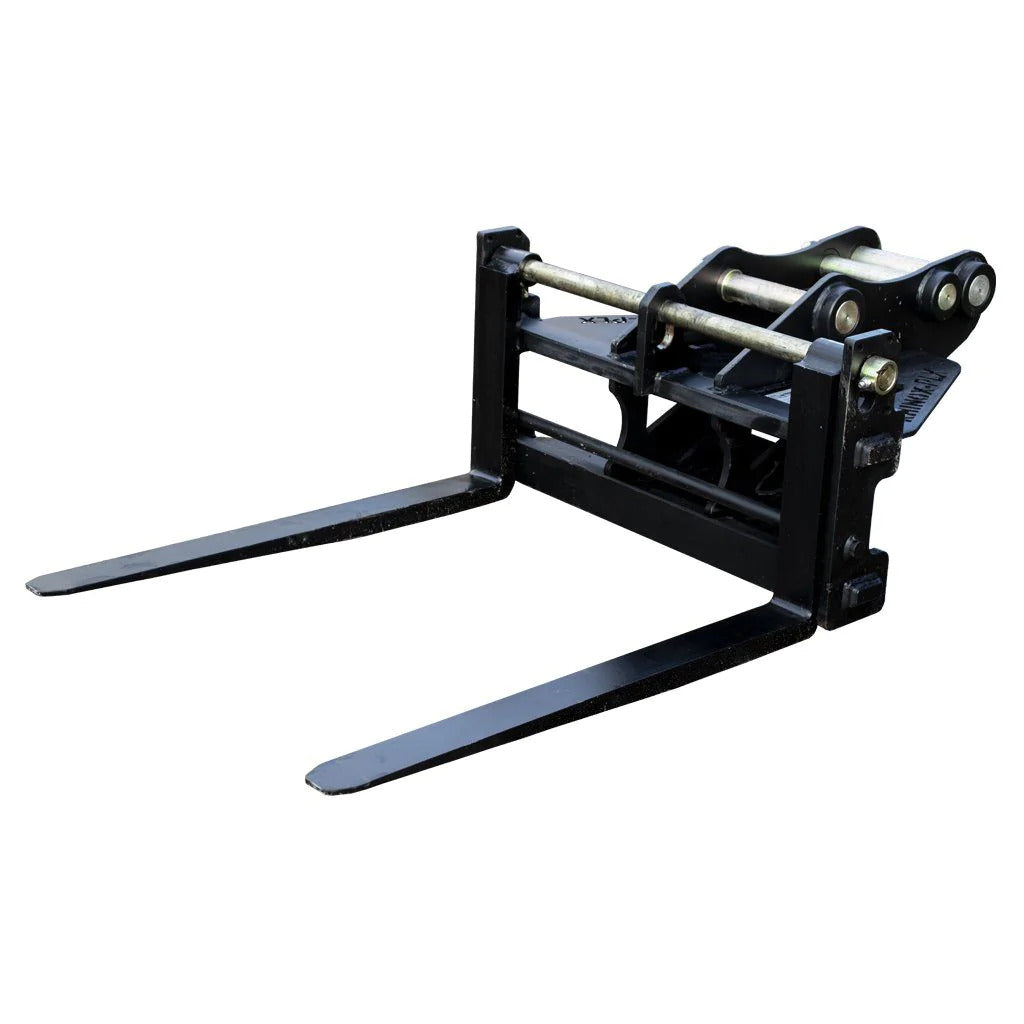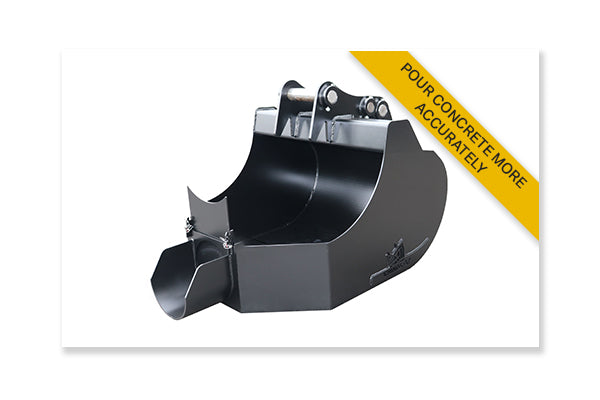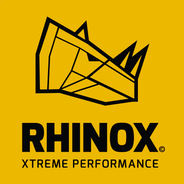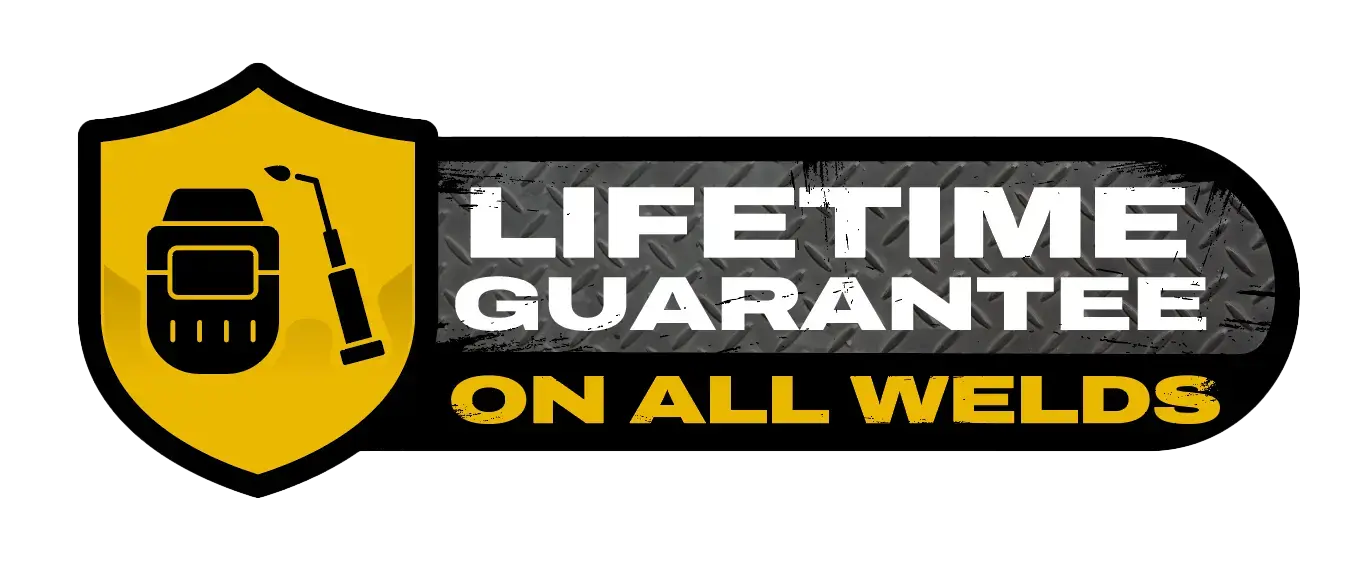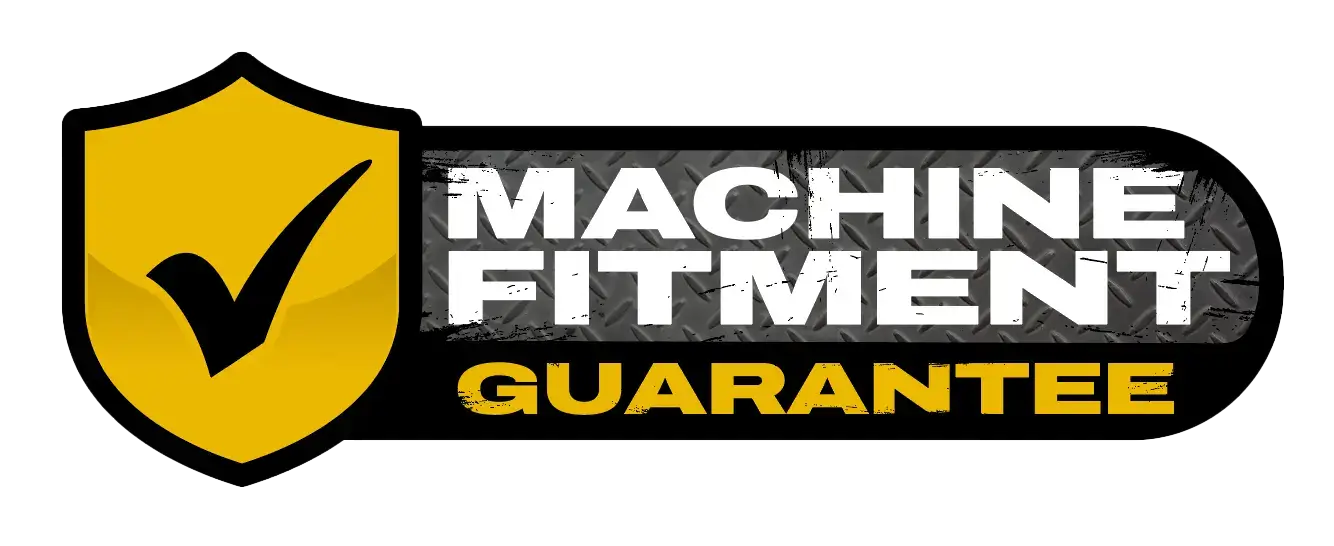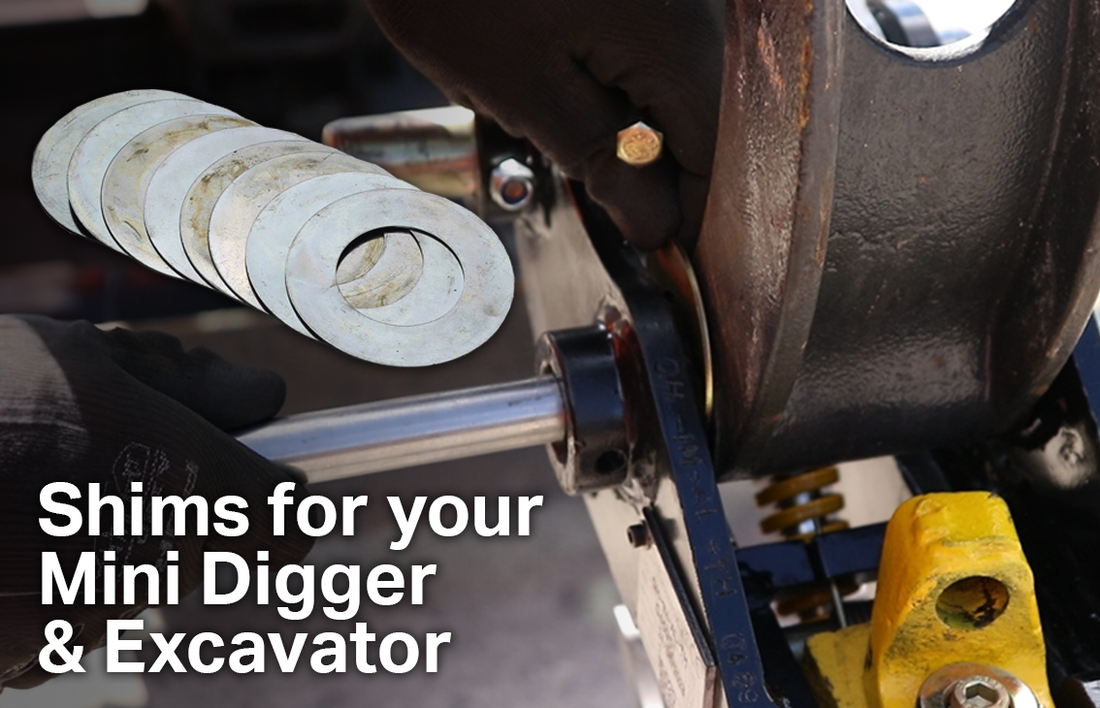
Shims for your Mini Digger & Excavator
Excavator shims are essential to securely fit your quick hitch, buckets and attachments to your excavator. In this guide, we'll delve into the intricacies of excavator shims, discussing what they are, when to use them, and how to use them effectively.
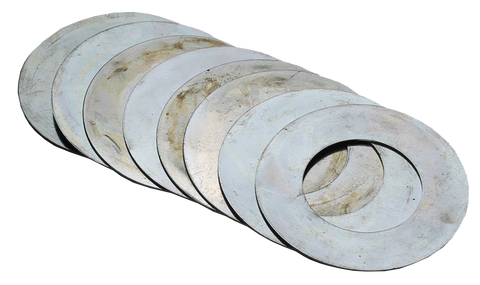
What are Excavator Shims?
Excavator shims, often referred to simply as shims or shim washers, are thin pieces of mild steel, designed to fill gaps between excavator components to avoid slack, movement and premature wear. Shims are most commonly used to secure buckets, attachments and quick hitches to your mini digger or excavator dipper end. If your excavator attachments do not fit snuggly to your dipper end, the slack will allow the attachment hangers or quick coupler to move while in use, leading to wear of both components over time. A loose attachment or quick hitch can be difficult to control when operating and could even lead to injury or damage to other equipment.
When should you use Excavator Shims?
Knowing when to use shims is crucial for ensuring proper fitment and avoiding unnecessary where to your excavator and excavator attachments. Here are some common scenarios where shims are essential:
Rhinox's Range of Excavator Shims
To best suit your mini digger or excavator, Rhinox offer a huge range of shims to best suit all pin sizes, from 25mm up to 80mm in pin diameter and 3 thicknesses - 1mm, 2mm and 3mm. Shop our range online today!

How To Use Excavator Shims
Step 1: Locate the Issue & Prepare the Surface
Determine where misalignment or gaps exist. Ensure that the surfaces where the shims will be placed are clean and free of debris. This promotes better contact and prevents accelerated wear to the shim and components.
Step 2: Select the Correct Shim Size
Determine the appropriate shim sizes to close the gap by inserting different size shims until snug. When inserting shims, start with the thinnest shims and add more as necessary until the gap is filled and the components are secure.
Step 3: Secure the Components
Once alignment is confirmed, secure the components in place using appropriate fasteners or locking mechanisms.
Step 4: Monitor and Adjust
Periodically check your digger for signs of movement or wear and make adjustments to the shims as needed to maintain a snug fit and optimal performance.
Check out this video to see how to use shims with your quick hitch:By mastering the use of excavator shims you can prolong the lifespan of excavator buckets and attachments, as well as your quick hitch and excavator arm components. If you require any further information about excavator shims or want to place an order over the phone, get in touch and one of our team will be happy to help! |
